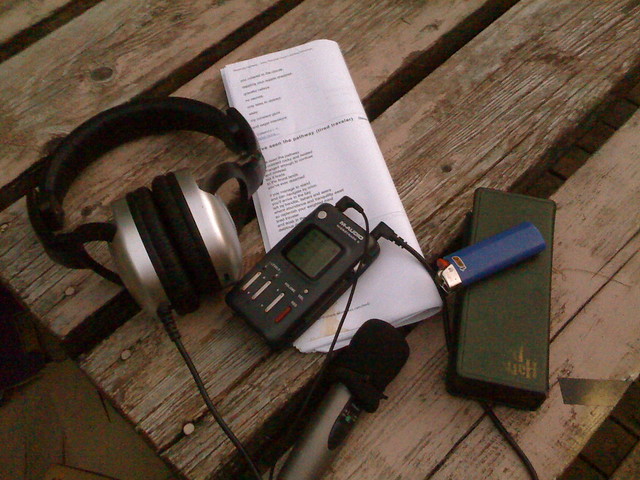I wrote this post almost a week after the 2016 presidential election polls closed and saved it as a draft until publishing it today, as is.
As we prepare for the coming Trump administration taking office on January 20th, 2017, there is one thing I keeping coming back to pondering. When it comes down to it, it’s the first amendment.
Congress shall make no law respecting an establishment of religion, or prohibiting the free exercise thereof; or abridging the freedom of speech, or of the press; or the right of the people peaceably to assemble, and to petition the Government for a redress of grievances. (Source: billofrightsinstitute.org)
Some time ago, general political discussions in college concluded the key to that amendment is that it does not grant you the right to free speech as much as it says that congress cannot pass any law prohibits it. There still lies some legal ambiguity that could allow them to shorten, or abridge, your ability to freely do so, essentially having the ability to take away some but not all of your freedom of speech.
I spent time in college with some very intellectual law students who loved to spout off about, after a few drinks, what they were learning and passionate about. These were conversations they were having in the classrooms and never had any real black and white resolutions to them because the government is supposed to be comprised of mechanisms that prevent these freedoms from ever being infringed.
But the way this new presidential office is looking, and there is still a ways to go before it’s put together, it makes me ponder a few possibilities that we could see in the future. These are my red book predictions for the near future.

Podcasting Gear by DaveO on Flickr
At some point, the president will talk of or try to issue an order where anyone who insults the office of the presidency will be subject to a penalty of some type
To narrow that down, I would think this would be directed at the media at the start but have the fiery potential to expand towards anyone who says or distributes anything electronically. Any tweet, status update, video, or even this blog post could be considered for some sort of slander that is “not fair”.
A wealthy, successful businessman, who this new president certainly is, doesn’t seem like he would be one to care what anyone would say or write about him, but that’s not true. Do a simple Google search of “donald trump sues” and you will find a variety of lawsuits that range from defamation to a number of issues related to his numerous business matters.
From the Republican side of this race, the media was consistently attacked in the final months of the campaign for lying and rigging the election in terms of what was being fed through various outlets. Whether that was correct or wrong, the fact is that the results of the elections reinforce that notion because it was only the pundits who correctly predicted the final outcome while a majority of other outlets mostly said otherwise.
There could be an attempt to regulate non-traditional media to reduce “fake news” outlets
While I think it’s more important to be making people have a license to operate drones, the Trump administration will make an effort to regulate media outlets, more so not acknowledging a media outlet as a authentic or trustworthy unless you are registered and approved.
Who this will be done by remains to be seen. The FCC is there to mostly enforce the transmission methods and would probably be bypassed by the administration’s special council that they will setup and regulate.
Want to have a blog and not always be labeled as “fake”? Get yourself a license.
Want to have a podcast? You’ll need a license for that.
You’ll still be able to have or maintain whatever type of outlet that you want, but unless you have that seal of approval, your outlet will not count in the eyes of this administration.
Or, this could simply revert back to the era of the Nixon enemies list or McCarthyism era blacklists, where we’ll never really know who is or isn’t respected in the eyes of the administration.
